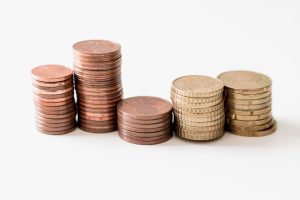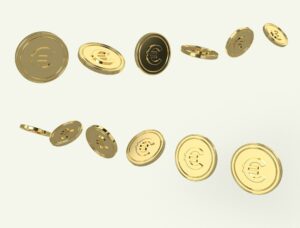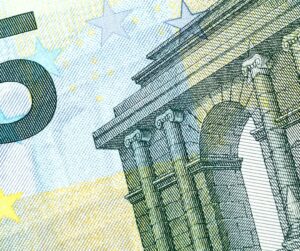The forex market is influenced by a wide range of factors, including political and economic developments. In Pakistan, these factors play a crucial role in determining the exchange rates of the Pakistani Rupee (PKR) against other major currencies. In this article, we will explore the impact of political and economic developments on forex rates in Pakistan.
Political stability is one of the key factors that affect forex rates in any country. In Pakistan, political developments can have a significant impact on the exchange rates. For instance, when there is political instability or uncertainty, foreign investors may be hesitant to invest in the country, leading to a decrease in foreign currency inflows. As a result, the demand for the Pakistani Rupee decreases, causing its value to depreciate against other currencies.
Similarly, political events such as elections or changes in government policies can have a direct impact on forex rates. If a new government comes into power with a favorable economic agenda, it can boost investor confidence and attract foreign investment. This increases the demand for the Pakistani Rupee, causing its value to appreciate. On the other hand, if the new government’s policies are perceived as unfavorable, it can lead to a decrease in foreign investment and a depreciation of the Rupee.
Economic developments also play a crucial role in determining forex rates in Pakistan. Factors such as inflation, interest rates, and economic growth have a direct impact on the value of the currency. For example, when inflation is high, the purchasing power of the Rupee decreases, leading to a depreciation of the currency. On the other hand, if the economy is growing at a healthy rate and inflation is under control, it can attract foreign investors, leading to an appreciation of the Rupee.
Interest rates are another important economic factor that affects forex rates. When interest rates are high, it attracts foreign investors who seek higher returns on their investments. This increases the demand for the Pakistani Rupee, causing its value to appreciate. Conversely, when interest rates are low, foreign investors may withdraw their investments, leading to a decrease in demand for the Rupee and its depreciation.
Furthermore, economic indicators such as GDP growth, trade balance, and foreign exchange reserves also impact forex rates. If the economy is growing at a robust pace and the trade balance is favorable, it indicates a healthy economy, attracting foreign investors. This increases the demand for the Rupee, leading to its appreciation. On the other hand, if the trade balance is negative or the economy is experiencing a slowdown, it can lead to a decrease in foreign investment and a depreciation of the Rupee.
In addition to political and economic developments, global events and market sentiment also influence forex rates in Pakistan. For example, if there is global economic uncertainty or a crisis in a major economy, investors tend to move their funds to safe-haven currencies such as the US Dollar or the Swiss Franc. This can lead to a decrease in demand for the Rupee and its depreciation.
In conclusion, political and economic developments have a significant impact on forex rates in Pakistan. Political stability, government policies, inflation, interest rates, and economic indicators all play a crucial role in determining the value of the Pakistani Rupee. It is important for forex traders and investors to closely monitor these factors in order to make informed decisions and mitigate risks associated with currency fluctuations.





